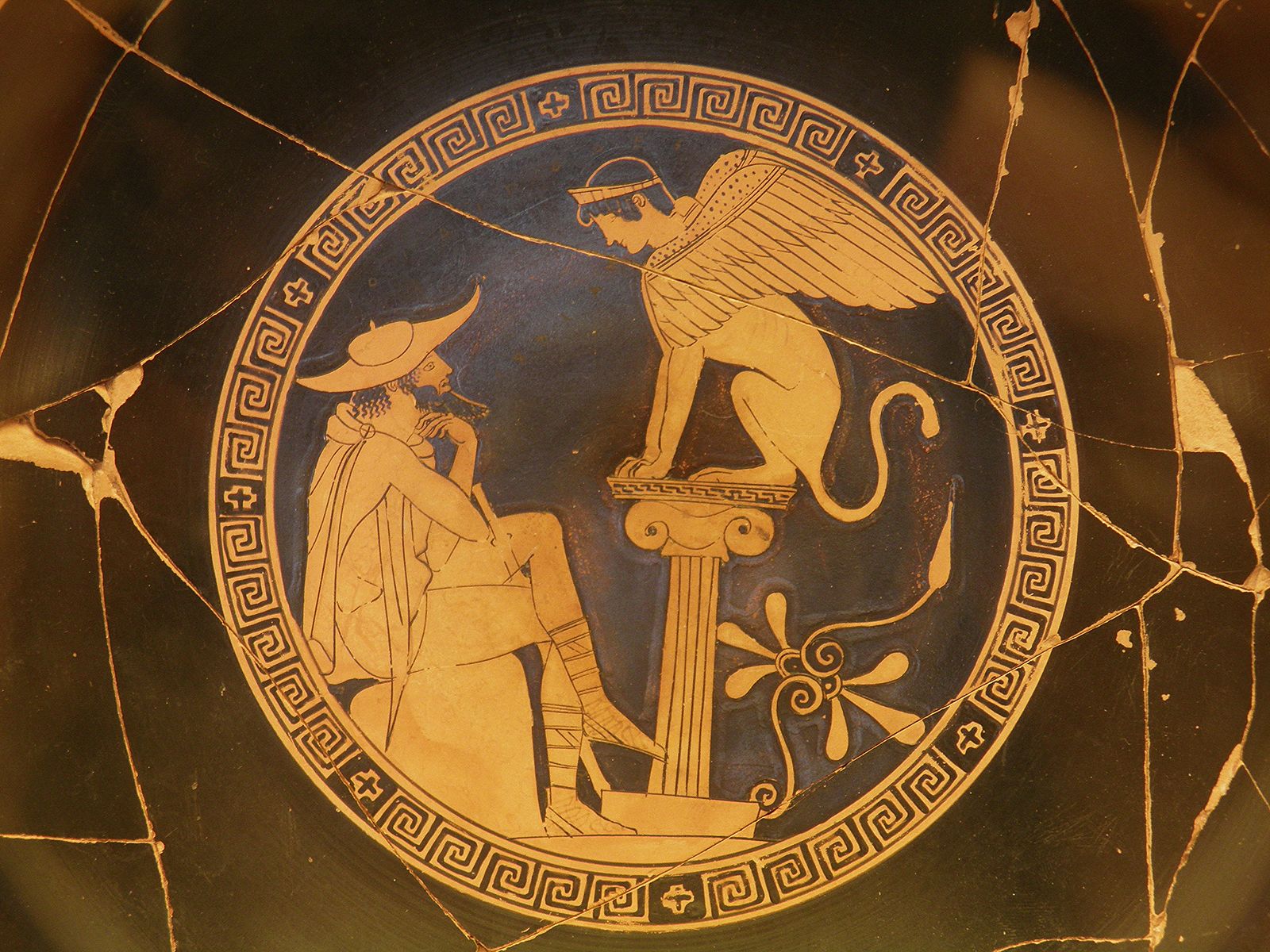
August 15, 2014, by Richard Rawles
A Midsummer Night Reverie (2): more lost tragedies
In this post I (belatedly) publish the second part of Alan Sommerstein’s thoughts on Nick Lowe’s paper on tragic fragments, delivered to the Nottingham Branch of the Classical Association.
In the first part of this post, I reported Nick Lowe’s top ten lost tragedies from his excellent paper at the AGM of the Nottingham Branch of the Classical Association, delivered on 24th June. His was a very fine selection, but there are so many others that one might choose!
Here are my six additional candidates, in no particular order. Sophocles gets the lion’s share, partly because he wrote more plays than either of the other two, partly because I have taken a particular interest in his fragmentary works.
- Aeschylus (or perhaps rather his son Euphorion), Prometheus Unbound. A chorus of Titans, released by Zeus from their underworld prison; Heracles shooting the eagle that was on its way to eat Prometheus’ liver; and possible onstage appearances by Earth (mother, grandmother or great-grandmother to all the other characters) and by Zeus himself.
- Sophocles, Epigonoi. Alcmeon again, torn between two sacred duties, (a) to lead the Argive army against Thebes, (b) to kill his mother (who had caused the death of his father). He does both, goes mad (as one does), and eventually departs en route for other adventures (see above).
- Sophocles, Mysians. Telephus again, going to Asia in search of his mother, doing good service for the King of Mysia, and being rewarded with the hand of his adopted daughter … who happens to be Telephus’ mother, and is determined to have no partner but her old lover Heracles, so resolves to kill her new husband … but a serpent saves the day!
- Sophocles, Palamedes. One of three tragic versions of the story of how the cleverest man in the Greek army is put to death on a false charge of treason concocted by his old enemy Odysseus. Special twist: Odysseus cooks Palamedes’ goose by speaking in his defence.
- Euripides, Hippolytus Veiled. Yet another take on the Phaedra-Hippolytus story, with the thoroughly wicked Phaedra who became proverbial. Special twist: a clever slave who exposes Phaedra’s guilt by disguising himself as Hippolytus and asking her for proof of her love.
- Euripides, Oedipus. We know one important and surprising thing about this play: in Euripides’ version of the story, Oedipus did not blind himself on discovering that he was the son of Laius, but was blinded forcibly by the servants of Laius before his true parentage was known. What other surprises might it have contained?
I could easily have chosen another six entirely. And there is always the chance that a new papyrus discovery will throw a flood of new light on one play or another; within the last dozen years, papyri have been published that tell us things we hadn’t known about two of the six plays in my list, Epigonoi and Hippolytus Veiled. Not to mention another papyrus that has led some scholars to invent a complete new play of Euripides, a “first Medea” in which Medea killed her children onstage; this was given the treatment it deserved by Nottingham’s Judith Mossman in her 2011 edition of the play (page 211).
Picture: Oedipus and the Sphinx. Attic red-figure kylix, ca. 470 BC, attributed to the Oedipus Painter. Vatican Museums 569. Photograph by Carole Raddato. Creative Commons Licence. Wikimedia commons.
No comments yet, fill out a comment to be the first

Leave a Reply